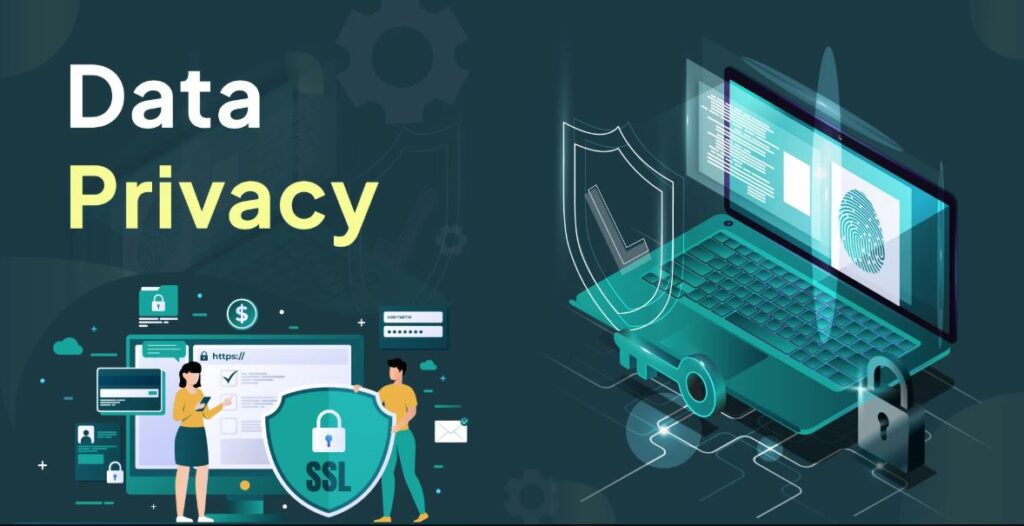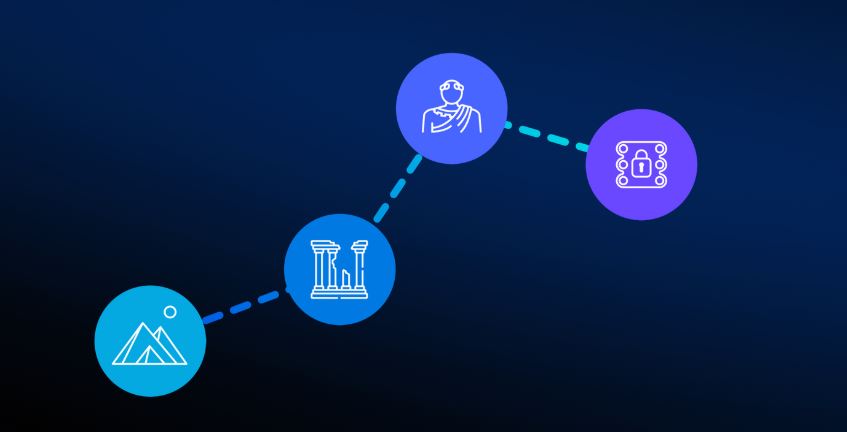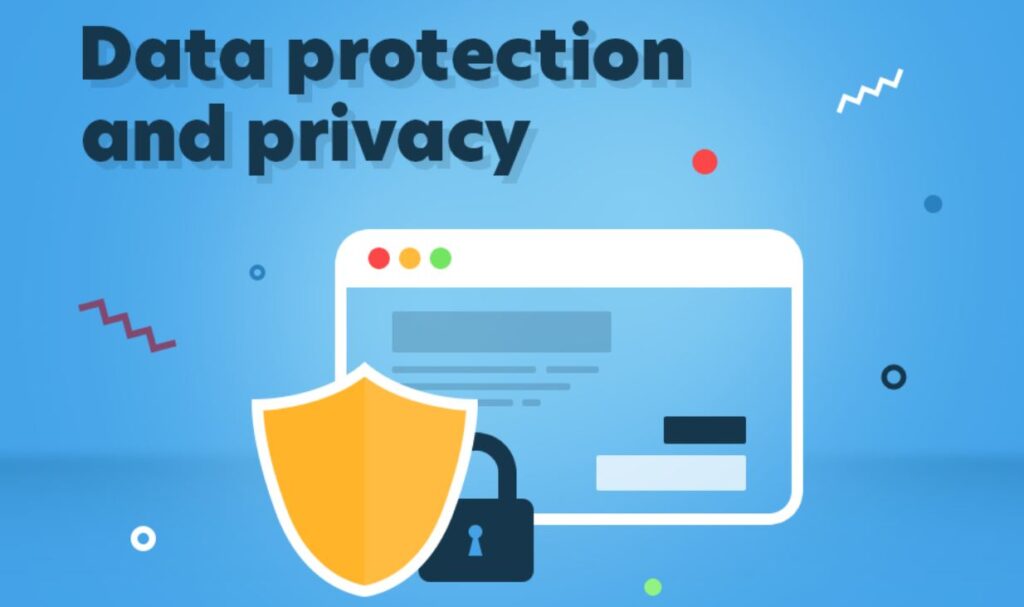This raises a critical question: Why is data privacy important? In this article, we will explore the meaning of data privacy, its importance, the risks of neglecting it, relevant laws and regulations, and strategies individuals and businesses can use to safeguard personal information.
In today’s hyper-connected world, personal data has become one of the most valuable resources. Every online activity—whether shopping, banking, using social media, or even browsing websites—generates data. This information is collected, stored, and analyzed by organizations across the globe. While data can be used to improve services, personalize experiences, and drive innovation, it also comes with significant risks if not handled properly.
What Is Data Privacy?
Data privacy refers to the right of individuals to control how their personal information is collected, stored, shared, and used. It ensures that data—such as names, addresses, financial details, medical records, and browsing history—is protected from misuse and unauthorized access.
Why Is Data Privacy Important?
Protecting Personal Identity
Without proper privacy, sensitive information can be stolen and used for identity theft, fraud, or impersonation.
Safeguarding Financial Information
Banking details, credit card numbers, and online payment data are prime targets for cybercriminals.
Maintaining Trust in Digital Services
Users are more likely to engage with platforms that respect and protect their privacy.
Legal and Ethical Responsibility
Businesses are legally bound to protect data under various privacy regulations.
Preventing Exploitation
Unregulated access to personal data can result in targeted manipulation, such as political influence campaigns or predatory advertising.

Risks of Ignoring Data Privacy
Identity Theft
Attackers can steal personal details to open bank accounts, take loans, or commit fraud.
Financial Losses
Companies face millions in fines and revenue loss if customer data is compromised.
Reputational Damage
When organizations mishandle data, they lose customer trust and loyalty.
Psychological Impact
Victims of data breaches often experience stress, anxiety, and fear of using digital platforms.
National Security Risks
Leaks of sensitive government or corporate data can threaten entire nations.
Real-World Examples of Data Breaches
Equifax Breach (2017)
Exposed the personal data of nearly 147 million people, including social security numbers and financial information.
Cambridge Analytica Scandal (2018)
Millions of Facebook users’ data was harvested and used for targeted political advertising.
Marriott International Breach (2018)
Hackers accessed information of around 500 million guests, including passport details.
Data Privacy Laws and Regulations
General Data Protection Regulation (GDPR) – Europe
One of the strictest privacy laws, ensuring transparency and user consent.
California Consumer Privacy Act (CCPA) – USA
Grants California residents rights to know what data is collected and to request deletion.
HIPAA – USA
Protects medical and healthcare-related information.
Personal Data Protection Act (PDPA) – Singapore
Ensures organizations handle personal data responsibly.
Data Protection Directives Worldwide
Countries around the globe are enacting stronger laws to safeguard privacy.
The Role of Businesses in Data Privacy
Data Minimization
Collect only necessary information and avoid excessive data gathering.
Transparency
Inform users about what data is collected and how it will be used.
Secure Data Storage
Encrypt databases and use strong access controls.
Employee Training
Ensure employees understand their role in protecting customer data.
Regular Audits
Conduct compliance and security audits to identify risks.
How Individuals Can Protect Their Data Privacy
Use Strong Passwords
Avoid simple or reused passwords; instead, use complex, unique credentials.
Enable Multi-Factor Authentication
Adds an extra layer of protection beyond passwords.
Be Careful with Social Media
Limit the personal details you share publicly.
Review App Permissions
Check what data apps collect and disable unnecessary access.
Use Encrypted Services
Choose messaging and email services with end-to-end encryption.

Data Privacy in Different Sectors
Healthcare
Protecting medical records is vital for patient trust and confidentiality.
Finance
Banks must protect customer data to prevent fraud and maintain trust.
Education
Schools and universities store sensitive student records and must ensure security.
E-Commerce
Online retailers handle credit card details and personal addresses, making security critical.
The Future of Data Privacy
Artificial Intelligence and Privacy
AI can both threaten and protect data by analyzing large datasets.
Blockchain for Privacy
Decentralized storage solutions may enhance data protection.
Privacy-Enhancing Technologies (PETs)
Techniques like homomorphic encryption and differential privacy are gaining importance.
Global Regulations
More unified international laws may emerge to standardize data protection.
Challenges in Ensuring Data Privacy
Growing Amount of Data
The exponential growth of digital information makes protection difficult.
Insider Threats
Employees with access to sensitive data may misuse it.
Rapidly Changing Technology
Security solutions must evolve alongside technological innovation.
Cost of Compliance
Small businesses may struggle to meet strict privacy requirements.
Why Data Privacy Builds Trust
Consumer Confidence
People engage more with companies they believe protect their data.
Competitive Advantage
Businesses with strong data privacy practices stand out in the market.
Long-Term Sustainability
Protecting data ensures the survival of digital ecosystems.

Conclusion
Data privacy is no longer optional—it is a fundamental human right and a cornerstone of trust in the digital economy. In a world where personal data is constantly collected, stored, and exchanged, protecting privacy ensures not only individual safety but also organizational credibility and national security.
Whether you are an individual using social media or a business handling millions of customer records, prioritizing data privacy is essential. Remember, in the digital age, data is power—and privacy is protection.